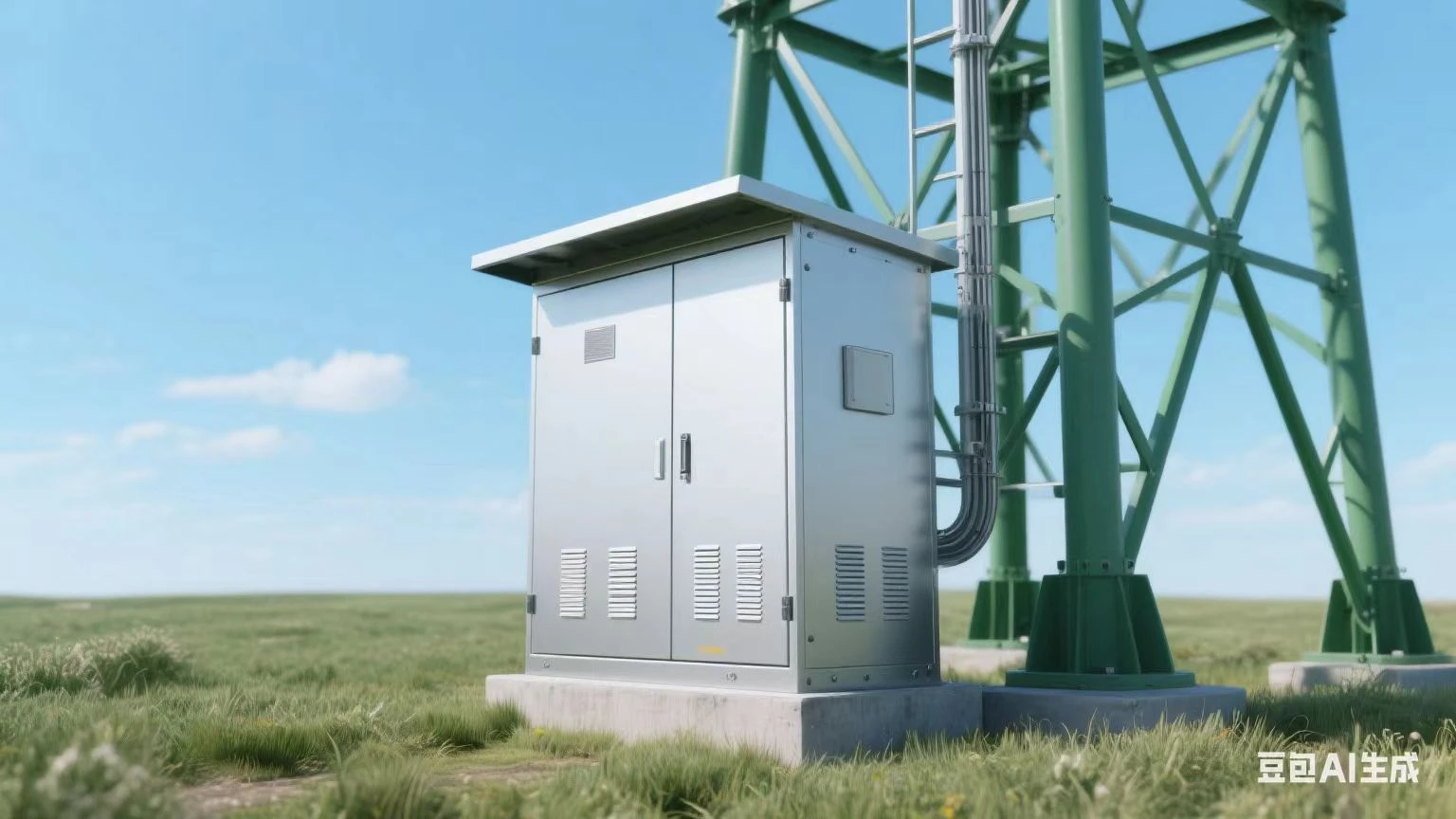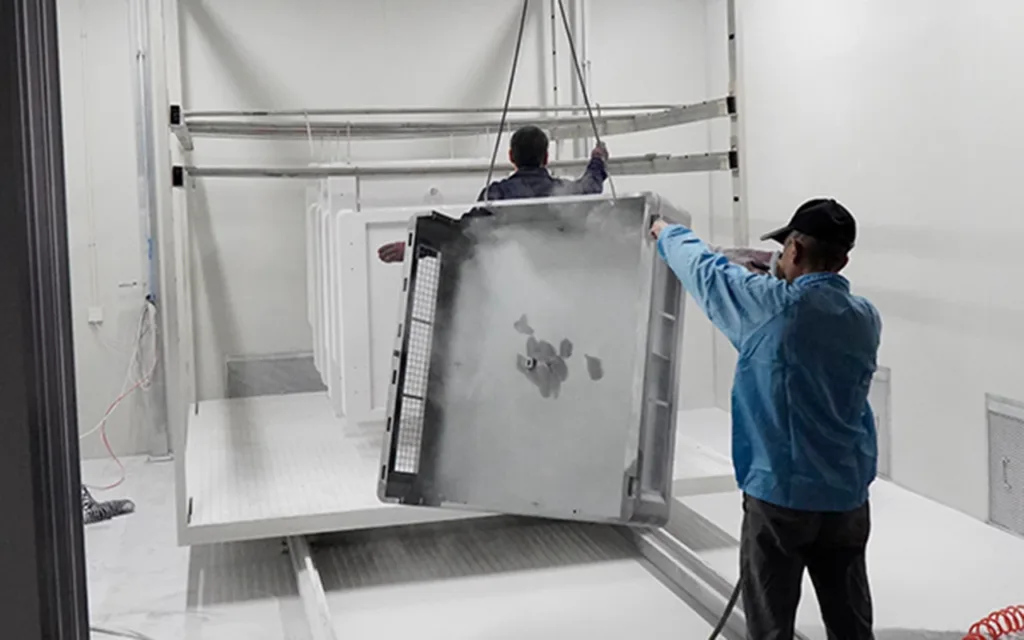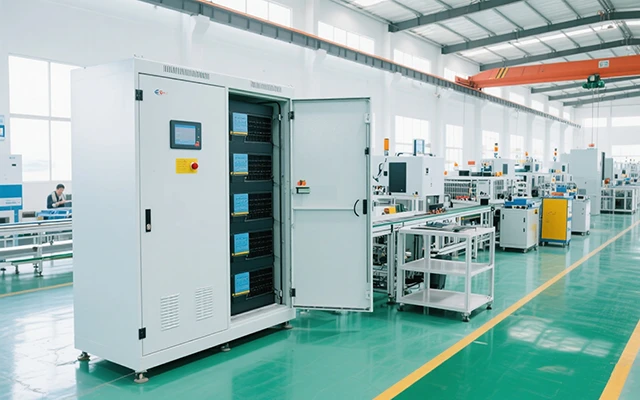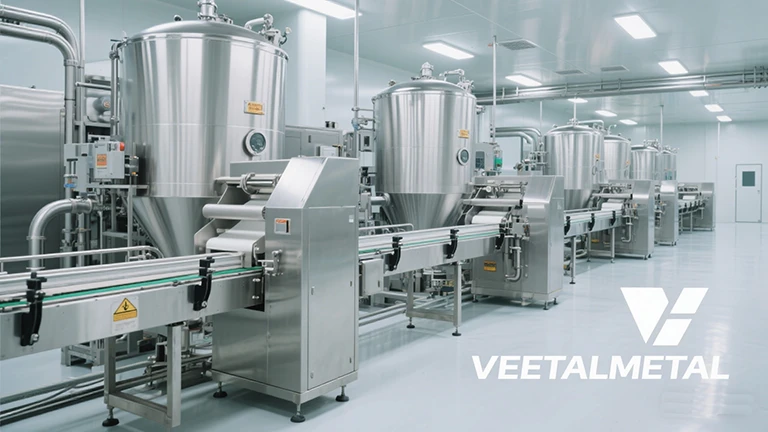Sheet metal products are foundational to the communication industry, providing structural support, protection, and functionality for critical infrastructure. From 5G base stations to data center servers, their design and performance directly impact network reliability, scalability, and efficiency. This article explores their applications, the industry’s unique requirements, and their role in advancing global communication systems.
1. Applications of Sheet Metal Products in the Communication Industry
Sheet metal’s versatility—combining strength, precision, and adaptability—makes it indispensable across communication infrastructure:
– Telecommunication Towers & Base Stations: 5G and 4G base stations rely on sheet metal enclosures to house transceivers, amplifiers, and power supplies. These enclosures shield sensitive electronics from rain, dust, and extreme temperatures, ensuring consistent signal transmission. For example, lattice tower brackets and antenna mounts, often made from galvanized steel sheet metal, provide durable support in high-wind or coastal environments.
– Data Centers: Server racks, cabinet frames, and cable management systems are primarily constructed from sheet metal. Cold-rolled steel sheets, formed into precise rack units, organize servers and networking equipment while facilitating airflow to prevent overheating. Modular sheet metal components also allow easy expansion as data storage demands grow.
– Networking Equipment: Routers, switches, and fiber optic distribution boxes use sheet metal casings. These casings protect internal circuits from electromagnetic interference (EMI) and physical damage, ensuring stable data transfer. For instance, fiber optic enclosures with sheet metal panels maintain tight seals to safeguard delicate cables from moisture and debris.
– Satellite & Broadcast Systems: Outdoor satellite dishes and broadcast antennas feature sheet metal reflectors and mounting structures. These components are engineered for rigidity to maintain signal focus, even in harsh weather conditions like snow or strong sunlight.
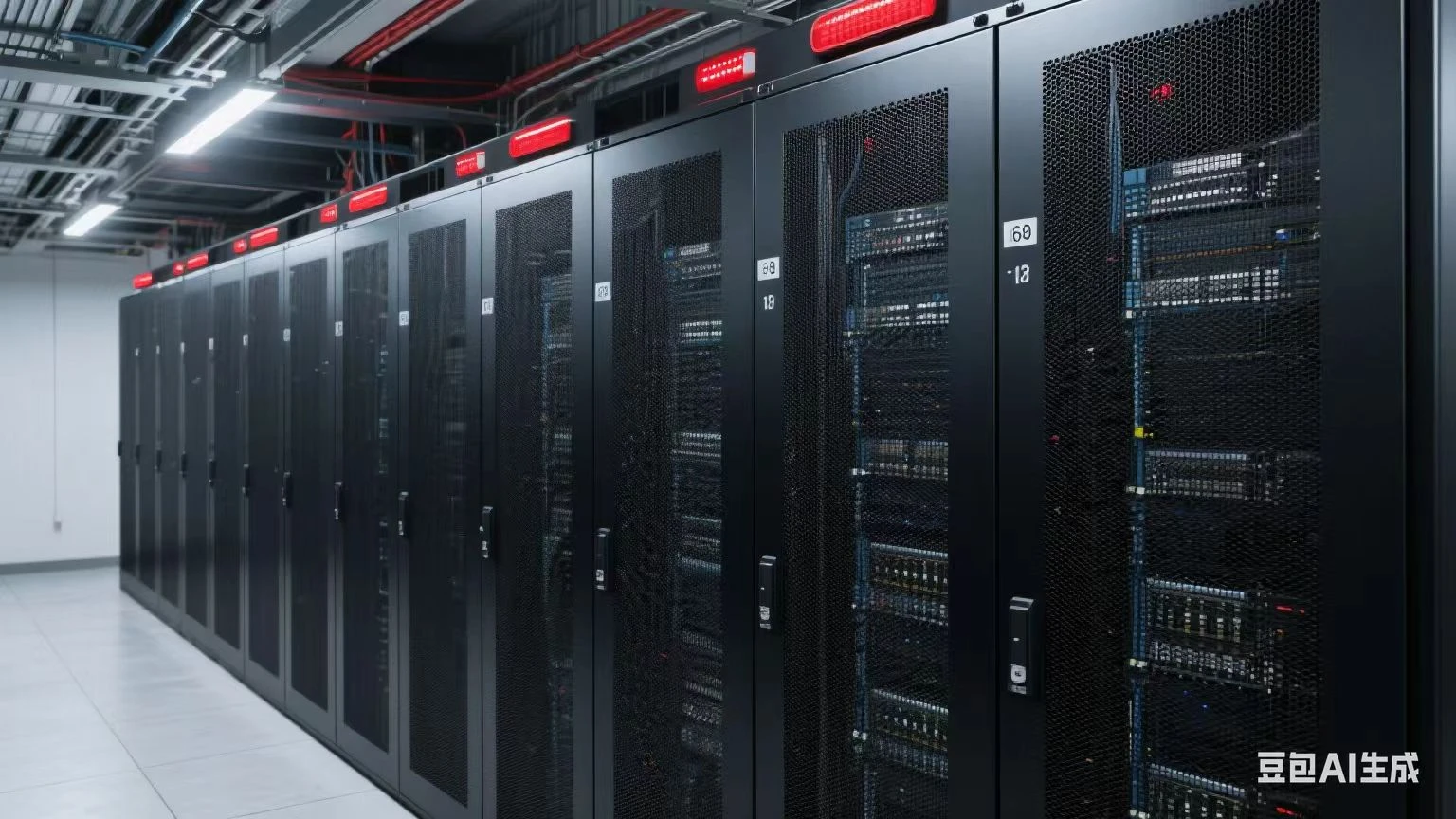
2. Unique Requirements of the Communication Industry for Sheet Metal Products
The communication sector imposes strict standards on sheet metal products to meet the demands of high-performance, long-lasting networks:
– Material Durability & Corrosion Resistance: Outdoor communication equipment, such as base stations and towers, requires sheet metals with exceptional weather resistance. Galvanized steel or aluminum alloys (e.g., 6061) are preferred for their ability to withstand rust, UV radiation, and salt spray—critical for coastal or industrial areas.
– Precision & Dimensional Accuracy: Networking equipment and data center components demand tight tolerances (often within ±0.1mm). Sheet metal parts must fit seamlessly to ensure proper EMI shielding, airflow, and equipment alignment. For example, server rack rails must be precisely formed to accommodate standardized server sizes, preventing vibrations that could disrupt connections.
– Weight Optimization: With the rise of 5G, which requires more compact, distributed base stations (e.g., small cells), sheet metal products must balance strength and lightness. Aluminum sheet metal, lighter than steel but still robust, is increasingly used in small cell enclosures to simplify installation on buildings or utility poles.
– Thermal Management: High-speed communication equipment generates significant heat. Sheet metal enclosures often include vented designs, heat sinks, or integrated cooling fins—features that rely on precise sheet metal fabrication to dissipate heat efficiently and prevent component failure.
“For years, VEETAL has been at the forefront of steel industry innovation. Today, our dedication lies in spearheading the path to a sustainable future for sheet metal fabrication. Together, we forge a greener and more sustainable tomorrow.”
3. The Impact of Sheet Metal Products on Communication Systems
Sheet metal products directly influence the reliability, scalability, and advancement of communication networks:
– Ensuring Network Reliability: Durable, weather-resistant sheet metal enclosures protect critical electronics from environmental stressors, reducing downtime. For example, a well-constructed base station enclosure can withstand extreme temperatures (-40°C to 60°C), ensuring uninterrupted service in remote or harsh regions.
– Enabling Scalability: Modular sheet metal designs, such as expandable server racks or stackable network cabinets, allow communication providers to scale infrastructure quickly. This flexibility is vital for supporting growing user demands, such as the surge in data usage driven by streaming and IoT devices.
– Supporting Technological Advancements: As 5G and future 6G networks require higher frequencies and denser infrastructure, sheet metal products are evolving to meet new needs. For instance, precision-machined sheet metal parts in beamforming antennas help focus signals more efficiently, extending network range and capacity.
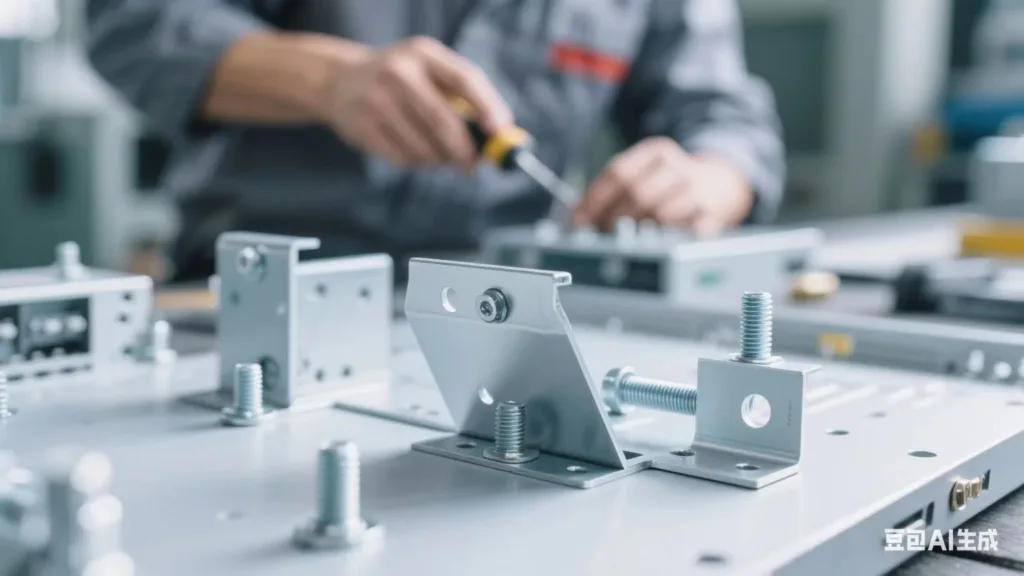
3. The Impact of Sheet Metal Products on Food Safety
Sheet metal products are unsung heroes of the communication industry, enabling the infrastructure that powers global connectivity. Their applications span from towering base stations to compact data center racks, each tailored to meet strict demands for durability, precision, and performance. As the industry continues to innovate—with faster speeds, broader coverage, and smarter networks—high-quality sheet metal solutions will remain essential to building robust, future-ready communication systems.

